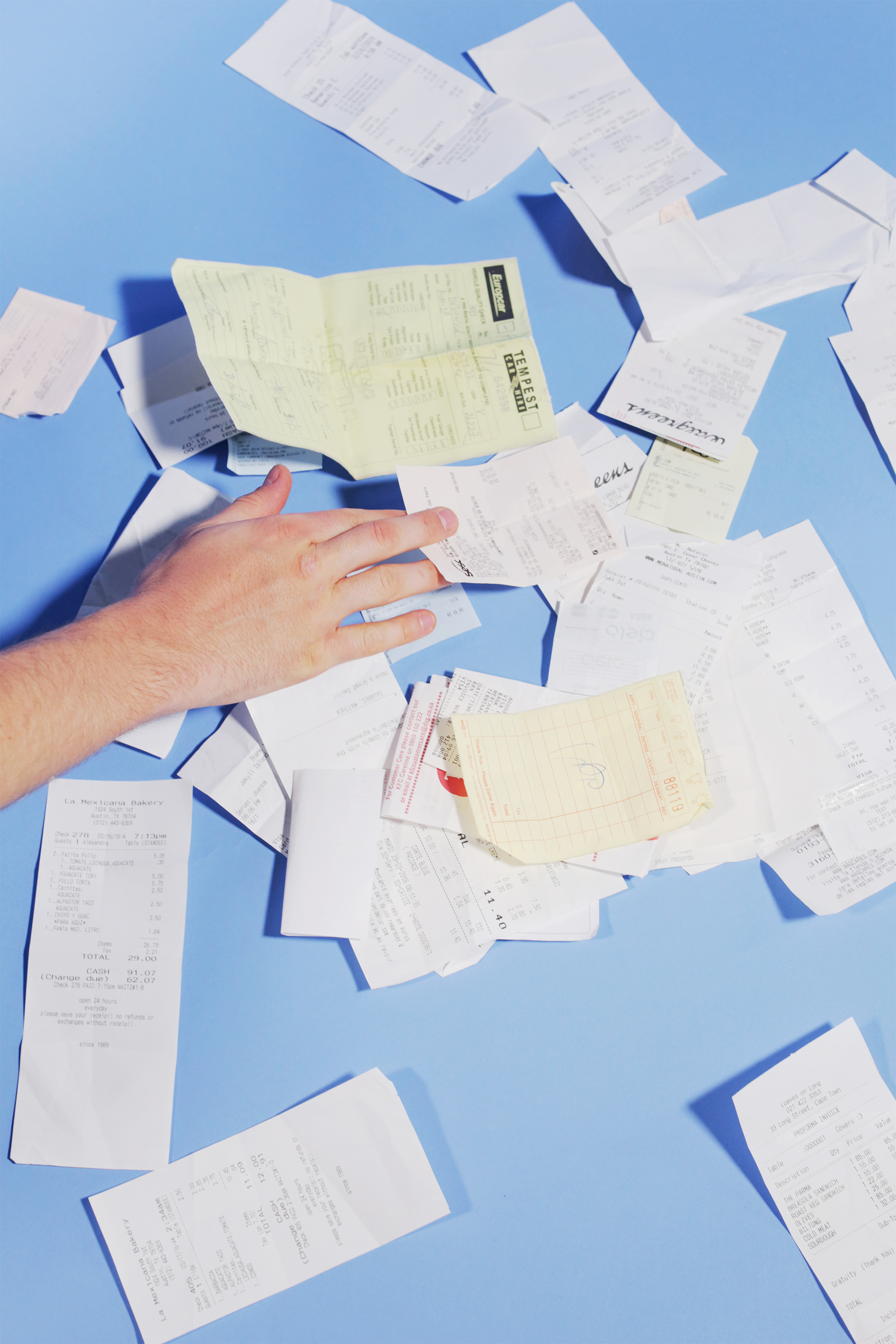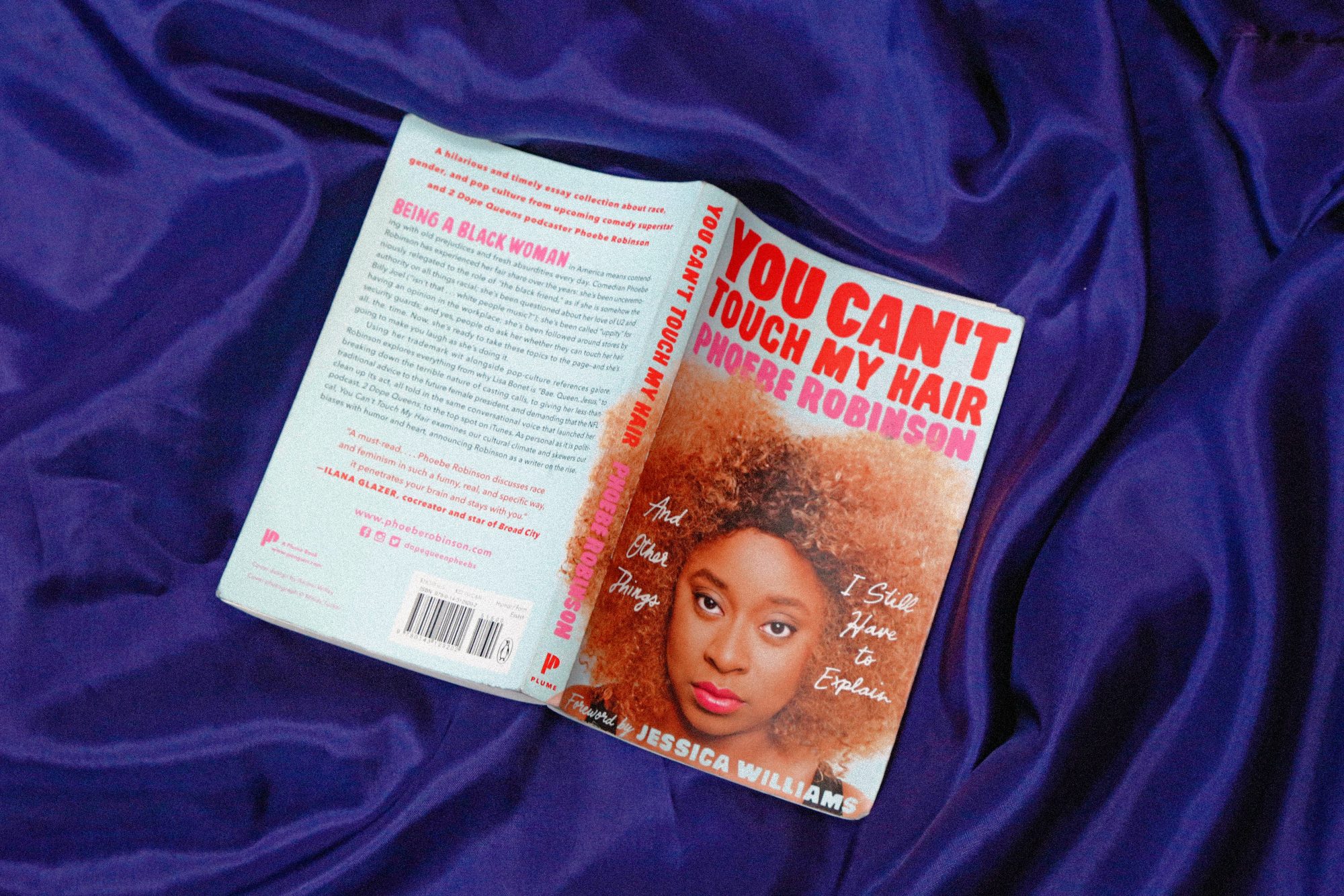Photo Stories
Spend Money to Make Money

Mogo is a financial tech company that’s transforming the way Canadians access their money, control credit, and ultimately, get out of debt. Think of it as #FinancesWithBenefits. Unlike the big (scary) banks, Mogo takes a different approach by being convenient, simple, and above all, transparent. They’re the only ones in Canada who offer a full spectrum of rates, so they’ve probably got an option for whatever you need and for how excellent or not so great your credit application is (BTW- if your credit sucks- you better be following this series!). Basically, they’re doing to the banks what Uber is doing to taxis.

In our new #AskAnAdult series, Chantel Chapman, Mogo’s Financial Fitness Coach (and real-life adult), answers your most pressing financial questions! She’ll whip you (and us) into financial shape! This week, Megan Yuri Young, asks:
Q: As a freelancer, would it be in my best interest to hire an accountant or a financial advisor? Are they different?
A: Hey gurl, way to go for being a hustler! One of the biggest mistakes that self-employed people make is that they think they can do ALL the jobs and wear ALL the hats. Not always a kewt look. If you are not great at bookkeeping or finance in general, it may make sense to bring in someone to help you. Experts will cost money but they often save you money overall.
And yes, accountants and financial advisors are different! A financial advisor is usually someone who sells insurance or investments. On your personal financial portfolio, it may make sense for you to talk to a financial advisor if you’re interested in purchasing life and critical illness insurance to protect you in case anything happens. Unfortunately as a freelancer, we don’t have an employer offering us this benefit but we do have the option to go out and get our own insurance. Also, if you are debt-free, a financial advisor can help you explore investment options. BTW, most of them get paid a commission on whatever you buy so there usually isn’t a service fee.
An accountant will help you with bookkeeping, filing your taxes, and will also help you with financial modelling for your business. FYI: financial modelling is not as sexy as it sounds. It’s where you create different models to measure how your business is doing financially or projecting how your business will do in the future. One of the main financial models is a cashflow statement that is basically your business budget telling you if the cash is flowing in or dried up like Scott Storch‘s lifestyle. Anywho… having proper bookkeeping and models like a cashflow statement is important, but if numbers and spreadsheets scare you, have no fear.

 Photos by Olivia Genovese
Photos by Olivia Genovese
If you are a freelancer but aren’t in the position to raise money for your business yet, you most likely won’t need complex financial models; you can get by on doing the following:
1. Day to day bookkeeping: you need a way to invoice, keep track of your cashflow, who owes you money, and your expenses so when it comes time to file your annual taxes, you’ve got your shit under control. You can pay an accountant, bookkeeper, or online service like Tantelo or Bench to do it. You can also manage it yourself through platforms like Wave or Quickbooks. These are quite easy to use if you have the time and want to keep costs down.
2. Filing your taxes: With the platforms noted above, it can be simple to do your own bookkeeping if it’s just for you as a freelancer, but I really recommend hiring an accountant to file your taxes and handle that side of your accounting. They usually know things that you may not be aware of that can save you $$$ on your taxes. You can usually get an accountant to prepare your year-end filing for a few hundred dollars (Tantelo charges $250 for this). Also, filing taxes sucks, so why not pay someone to do it so you can get out to make more money doing what you do well instead?

Q: What happens if you decide to not file your taxes one year?
A: So, not filing your taxes for one year is not the best idea but it’s really bad ONLY if you owe them money. TBH one year without filing when you don’t owe them is not the biggest deal. But, a few years of not filing can seem a little sus. Now, if you do know that you owe them and you don’t file, that’s not adulting!
Here are some of the repercussions of paying them late:
– If you just don’t file for many years, they could assume tax evasion and when they find out you owe them, you’re basically fucked (fines are from $1k- $25k aaand maybe some prison time) so don’t do this.
So in conclusion, even if you don’t think you owe taxes, go see an accountant and get your return filed! You will feel so much better knowing that’s done and where you stand. If you do owe them, the government is really good about setting payback plans, you just need to call CRA and ask to make monthly payments. Good luck!
Need more adulting tips? Click here for the previous installment of #AskAnAdult!



































